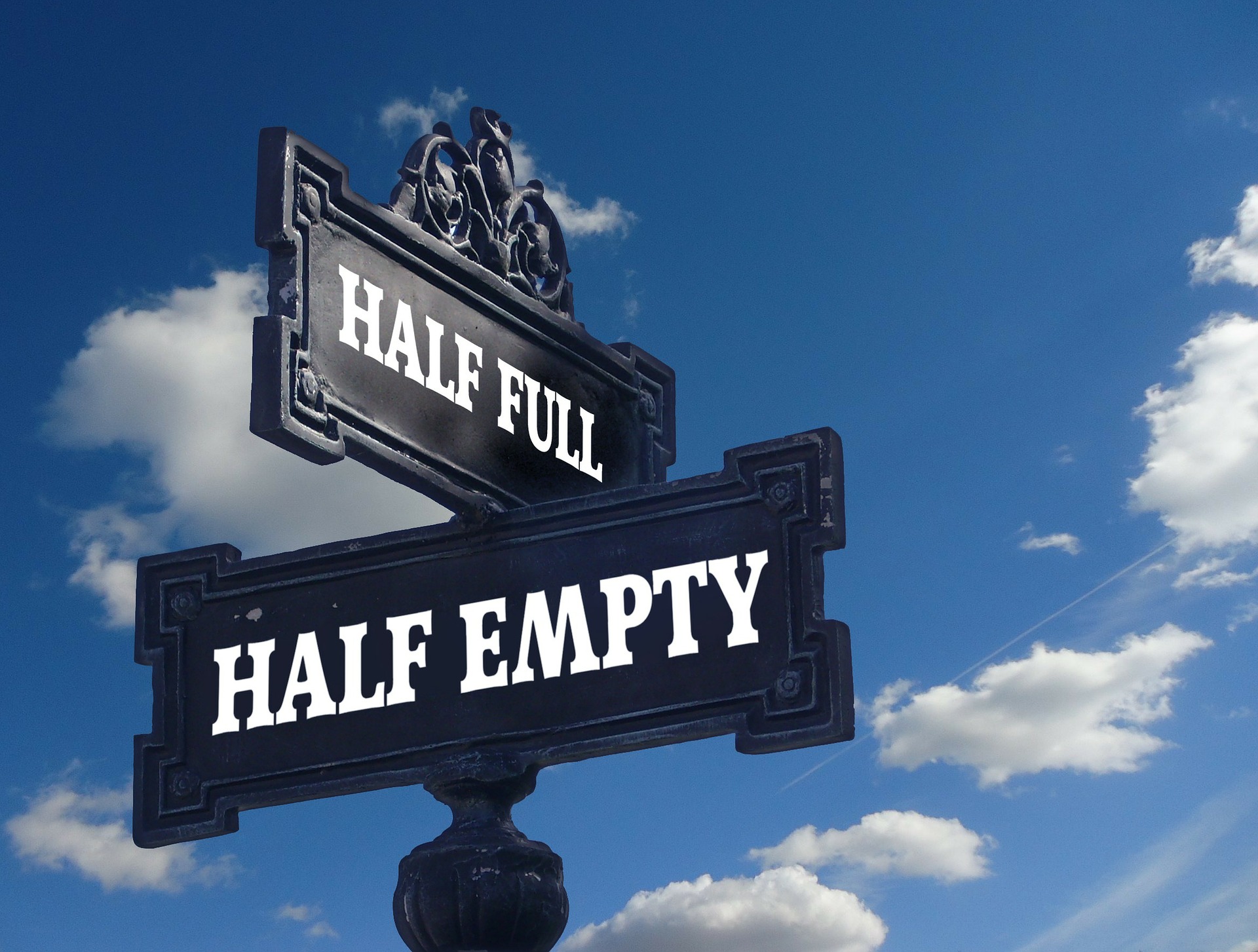
Our last section in Chapter 12 concludes the definition of the Beinoni. What is most important to know is that while the Beinoni functions in a general manner just like a Tzaddik, he is not. It is due to the fact that bad thoughts still enter his mind. But even so, he pushes them away immediately so as not to let them come to fruition.
Chapter 13 then takes us through in helping us understand a perplexing statement made at the very beginning of the Tanya. There it says that the soul is administered with an oath before it enters this world – that it should be a Tzaddik and not a Rasha. However, even if the entire world say to one that one is a Tzaddik, one should be “like a Rasha” in one’s own eyes. Here, in our chapter, this statement is put under the microscope for examination. What does it mean to see oneself as a Rasha?
In the beginning of Tanya, we learnt that one should be careful not to look at oneself as being a Rasha (an evil person) because it can lead to feelings of depression. Yet here we are faced with a confusing statement – that indeed one should see oneself as a Rasha. What are we to do?!
Chapter 13 comes to answer our question as to the concept of seeing oneself as a Rasha and how this would compare to actually being a Rasha.

